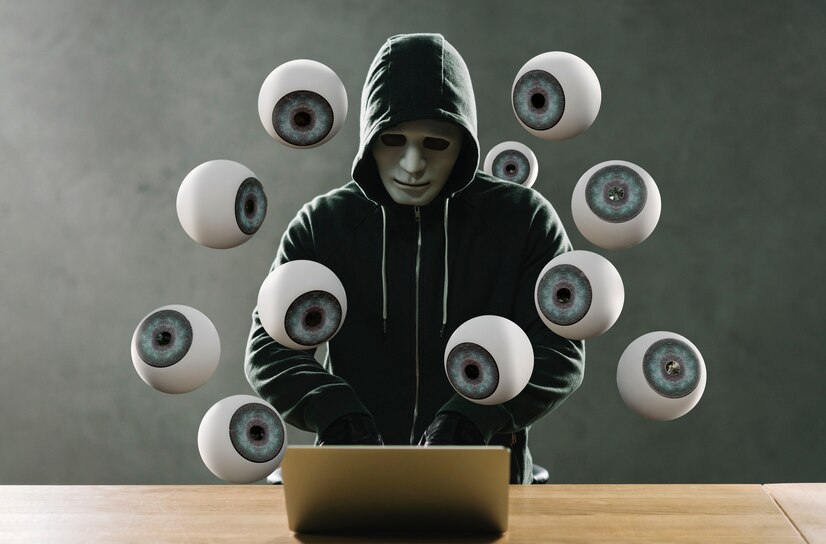In today’s digital age, surveillance has become a crucial tool for law enforcement agencies and intelligence organizations around the world. However, while traditional methods of surveillance such as wiretapping and physical observation may still be utilized, the rise of technology has also given rise to a new form of surveillance – undercover operations. These covert missions involve highly trained agents infiltrating criminal organizations or suspected targets with the goal of obtaining crucial information or evidence. But what truly goes on in these undercover surveillance operations? How are they planned and executed? And what ethical considerations come into play? In this article, we will delve into the world of undercover surveillance and unmask the truth behind these clandestine operations. From the techniques and technologies used to the potential impact on society, we will explore the intricacies of this highly secretive and controversial tactic. Join us as we go behind the scenes and gain insight into the often misunderstood world of undercover surveillance operations.
Uncovering the tactics used in undercover surveillance
In the realm of covert investigations, undercover surveillance operations play a crucial role in gathering information and apprehending perpetrators. These operations employ a wide range of tactics and techniques to maintain the secrecy and authenticity of their investigations. One common tactic used is the establishment of a false identity, allowing undercover agents to blend seamlessly into their surroundings and gain the trust of their targets. This may involve assuming different personas, adopting new names, and even altering physical appearances to avoid suspicion. Additionally, surveillance teams often utilize advanced technology, such as hidden cameras and audio recording devices, to capture vital evidence without alerting those under investigation. The success of undercover surveillance operations depends on the meticulous planning, careful execution, and adaptability of the agents involved, ensuring that vital intelligence is gathered while minimizing the risk of exposure.
The importance of discretion in operations
Maintaining utmost discretion is paramount in the realm of undercover surveillance operations. The sensitive nature of these operations, often involving high-stakes investigations and potential risks to both law enforcement and the public, necessitates the strict adherence to confidentiality protocols. The importance of discretion lies in preserving the integrity of the investigation and protecting the identities of undercover agents and informants. Any breach in confidentiality can jeopardize the success of the operation, compromise the safety of those involved, and undermine trust within the criminal justice system. By prioritizing discretion, law enforcement agencies can ensure the smooth operation of covert investigations, safeguarding the flow of crucial information and maximizing the chances of bringing criminals to justice.
Understanding the legal limitations involved
To effectively navigate undercover surveillance operations, it is crucial to have a comprehensive understanding of the legal limitations involved. Conducting covert investigations requires strict adherence to legal guidelines and procedures to ensure the evidence collected is admissible in a court of law. Law enforcement agencies must operate within the boundaries set by federal, state, and local laws, as well as adhere to constitutional rights and protections afforded to individuals. These include privacy rights, search and seizure laws, and rules of evidence. Familiarity with these legal limitations is essential to prevent any violation of rights, maintain the integrity of the investigation, and secure successful prosecutions. Additionally, ongoing training and regular updates on legal developments are imperative for law enforcement personnel involved in undercover surveillance operations to stay abreast of any changes or updates to legal frameworks. By operating within the confines of the law, law enforcement agencies can ensure the legitimacy and effectiveness of undercover operations while upholding the principles of justice and fairness.
In conclusion, undercover surveillance operations play a crucial role in gathering intelligence and ensuring public safety. While there may be ethical concerns surrounding the use of undercover tactics, it is important to acknowledge the significant impact they have in preventing and solving crimes. As technology and society continue to evolve, so too will the methods and techniques used in these operations. It is vital for law enforcement agencies to stay informed and trained in these tactics in order to effectively serve and protect their communities. Ultimately, transparency and accountability are key in maintaining the trust and support of the public.





